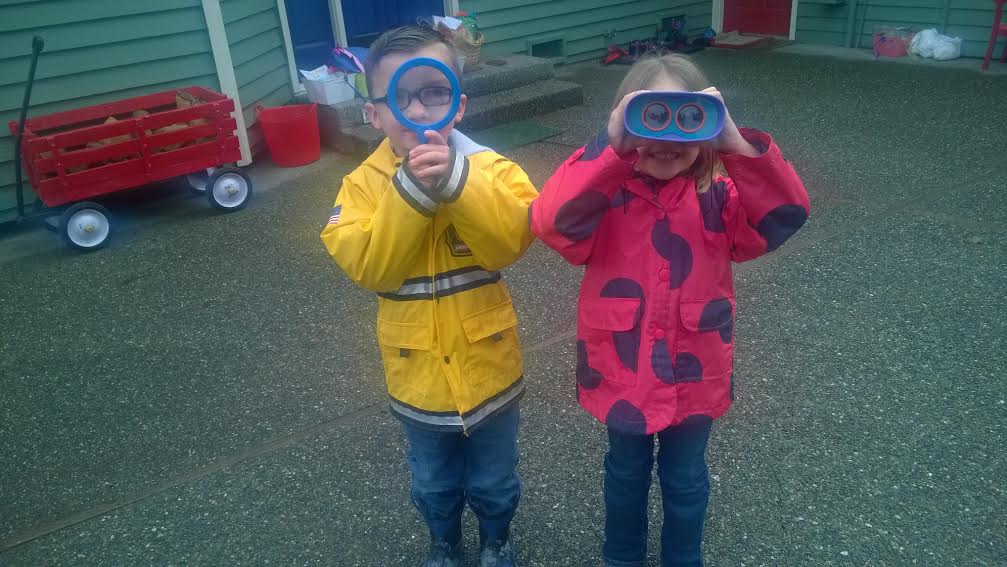By Deborah J. Stewart, M.Ed. from www.teachpreschool.org
When one of my preschool students shares with me something they have made or done, my automatic response is almost always to say, “good job!” But as you will hear in this recent Bam Radio Interview with Randy Hitz and Rae Pica, there are far more valuable things I could be saying instead of “good job” to my students.
Before I share my thoughts, let me invite you to take a listen to the Bam Radio Show.
What’s so bad about saying “good job?”
I love how Randy Hitz explains this and it makes perfect sense to me; saying “good job” doesn’t provide effective feedback to the students – it doesn’t tell the student exactly what he or she did that was good.
Think of it this way…
-Saying “good job” is closed-ended – it simply ends the conversation rather than extends it.
-Saying “good job” focuses on the product (or the end result) rather than the process (the effort).
-Saying “good job” doesn’t give the child details or encouragement on what they did that was good.
-Saying “good job” doesn’t encourage the child to do better, take more time, think broader, consider other ideas, and so on as it seems that what they are doing is simply good enough.
-Saying “good job’ without any specific feedback can give children a false sense of success.
I wouldn’t say that saying “good job” is bad as much as that it isn’t enough. There either needs to be more to the response or there needs to be a completely different response. Whenever a child comes to me and says, “look at my drawing Mrs. Stewart,” I need to realize that the words I choose to say have the power to build confidence, foster growth, promote learning, encourage thinking, inspire and motivate but it’s going to require a little thought on my part to get there.
But Deborah, you might say, I don’t have time to give detailed responses to my students all day long. Yep, I understand that and so did Randy. Randy said that in the midst of a very busy day, there will be times when all you can do in the moment is say “good job” but where possible, try to come back to the conversation later and expand on it more. What was it about the child’s effort that made drawing a picture a good job?
“Look at my drawing Mrs. Stewart”
“Good Job!”

“Hey, can I take a look at that drawing again?”
“I didn’t get a chance to really look it over and talk about it with you.”
Powerful words to say instead of “good job.”
Focus on Process: What did the child do?

“I see that you chose lots of different colors. The time you took to select each color shows you have a good eye for detail.”

“You managed that glue so carefully.”

“I was admiring how you all read that story together.”
Ask Questions

“Those beads are a beautiful choice to add. How did you get them to stick to the clay?”

“Your invention is very intriguing. How does it work?”

“Your project is coming along nicely. What are you planning to do next?”
What do students really want?
When you genuinely respond to a child’s work by focusing on the process or effort, you are essentially saying “good job” only the response is more meaningful and useful to the student. As Randy Hitz explains, “There’s nothing more rewarding than to be acknowledged and to have somebody show interest in your work. That’s what students really want.”
Link to the original article: http://www.teachpreschool.org/2017/01/11/powerful-words-to-say-instead-of-good-job/
